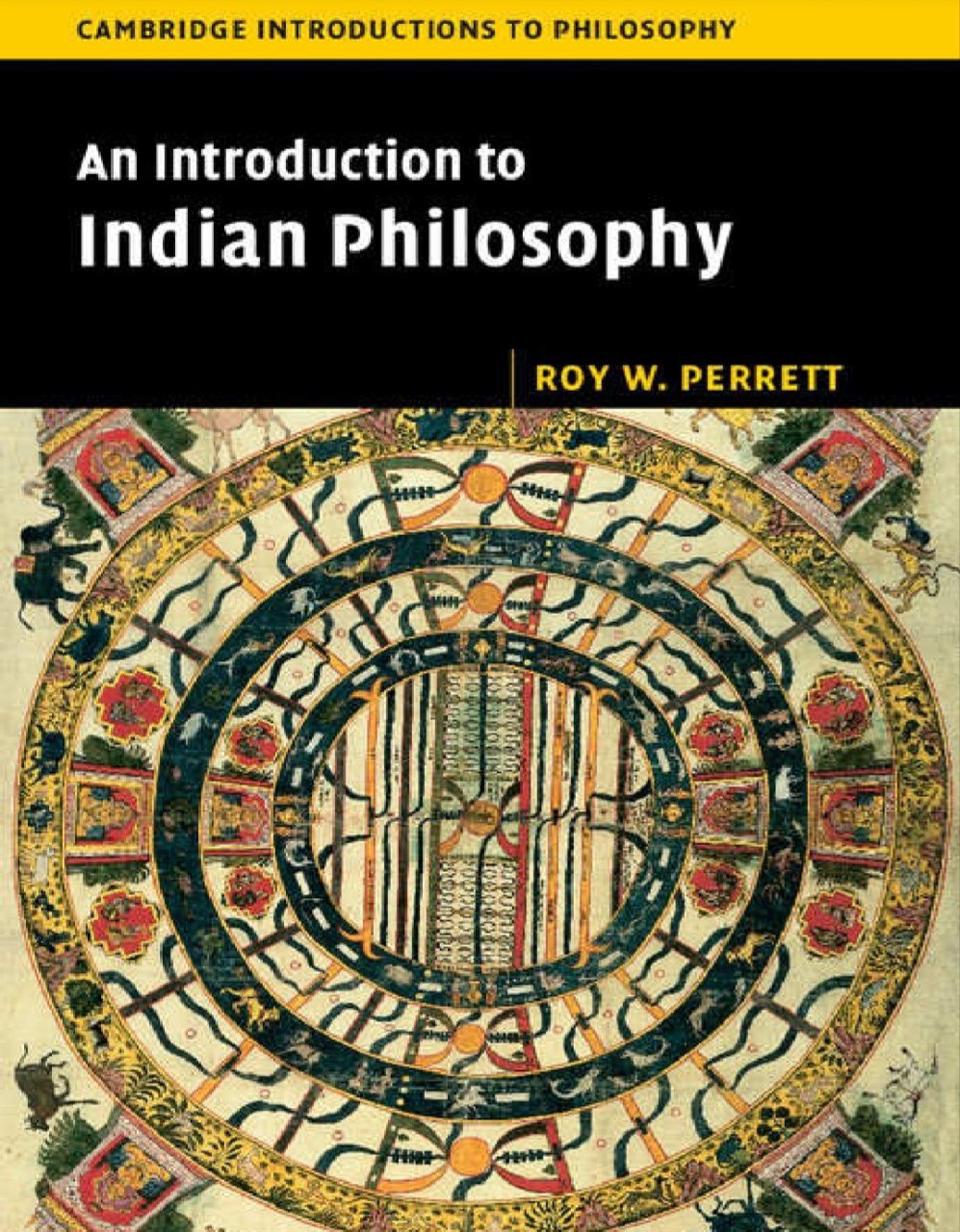

Plotinus and the Presocratics by Giannis Stamatellos
Reviews
No review yet. Be the first to review this book!
Description
Plotinus and the Presocratics: A Philosophical Study of Presocratic Influences in Plotinus' Enneads by Giannis Stamatellos In Plotinus and the Presocratics: A Philosophical Study of Presocratic Influences in Plotinus' Enneads, Giannis Stamatellos explores the deep and complex connections between the philosophical ideas of the Presocratics and the thought of Plotinus, one of the most influential figures in Neoplatonism. Stamatellos seeks to illuminate how Plotinus, in his seminal work The Enneads, drew upon and reinterpreted the ideas of early Greek philosophers, integrating them into his own metaphysical system. The book carefully examines the impact of Presocratic thinkers such as Heraclitus, Pythagoras, Parmenides, and Empedocles on Plotinus' understanding of reality, the nature of being, and the relationship between the One, the Good, and the material world. The core of Stamatellos' argument is that Plotinus, while traditionally seen as the heir to Plato’s philosophy, was also deeply indebted to the Presocratics, who significantly influenced his conceptions of unity, multiplicity, and the structure of the cosmos. The book provides a detailed comparative analysis, showing how Plotinus was not merely a Platonist but a philosopher who engaged with a wide range of ancient philosophical traditions. In this sense, Plotinus' thought is presented as a synthesis of Platonic idealism, Aristotelian logic, and Presocratic metaphysical speculation. Heraclitus and the Doctrine of Becoming One of the most important Presocratic influences on Plotinus was Heraclitus, particularly his doctrine of flux and the idea that everything is in constant change. While Plotinus is often associated with a static metaphysics of the One, Stamatellos argues that Heraclitus' concept of becoming played a crucial role in Plotinus’ understanding of the material world. Plotinus adopted Heraclitus’ view that the physical world is in a constant state of flux, but he combined it with his own metaphysical framework, arguing that the change within the world reflects the emanation from the One, the ultimate source of all being. This dynamic process of becoming is not chaotic but is instead guided by the intelligible order emanating from the One. Pythagoras and the Role of Mathematics Pythagoras’ influence on Plotinus is another focal point of Stamatellos’ study. Pythagorean thought, with its emphasis on numbers and mathematical relationships as the fundamental principles of reality, finds an echo in Plotinus’ metaphysical system. Plotinus, influenced by Pythagoras, saw numbers and mathematical structures as reflecting the deeper, invisible harmony of the cosmos. For Plotinus, the multiplicity of the world can be understood in terms of hierarchical, mathematical principles, where the One is the ultimate source of unity, and all other beings emanate from it in a structured, orderly manner. This connection between Pythagorean mathematics and Plotinus' vision of the cosmos highlights the continuity of Presocratic thought in the Neoplatonic framework.

























.jpg)




.jpg)



.jpeg)





.jpeg)
.jpeg)


.jpg)
.jpg)








.jpg)





.jpeg)





.jpg)
.jpg)




.jpg)










.jpeg)




.png)


















































